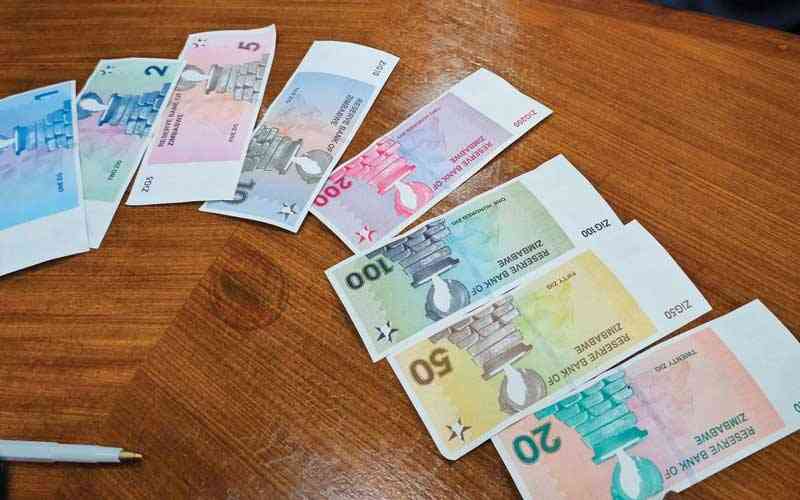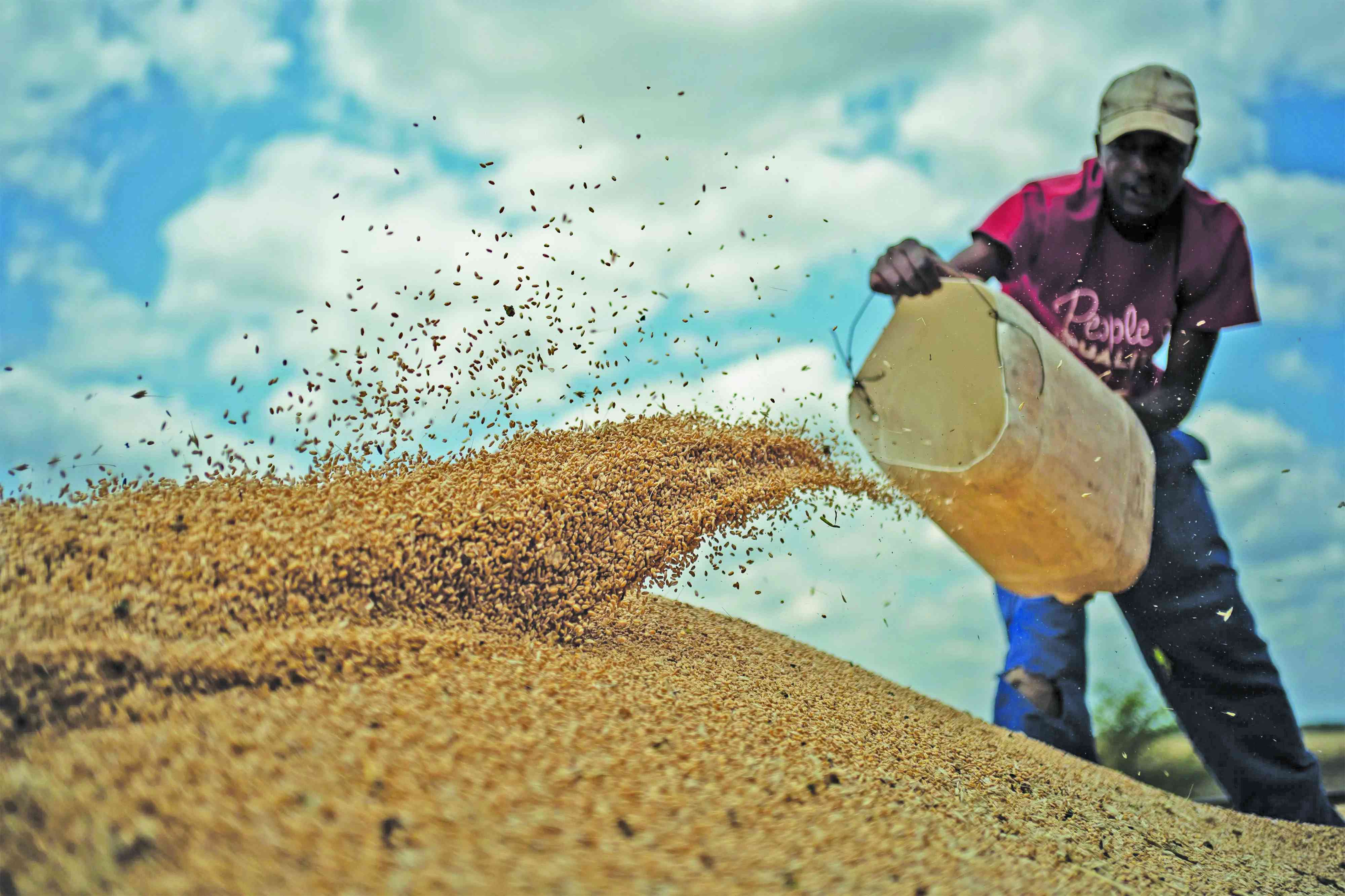
AS Reserve Bank of Zimbabwe (RBZ) governor John Mangudya appeared before the Parliamentary Portfolio Committee on Budget and Finance on Monday to speak on the foreign currency auction system and ostensibly defend it, tremors were rocking the market as news filtered through that manufacturers were now demanding United States dollars for quite a number of basic commodities, among them sugar, cooking oil and milk.
As Mangudya addressed legislators, the Finance ministry was busy reversing some of its decisions made last month involving the suspension of import duty on basic commodities.
On Monday, the ministry decided to reverse its decision to suspend duty on imported oranges and grapefruits, meaning that if there are any local manufacturers who were importing these as raw materials, they now need more foreign currency to import them if they are to survive in their businesses.
Pointedly, this means pressure will soon significantly mount on the RBZ’s foreign currency auction system as manufacturers who need the imported oranges and grapefruits in their production processes demand more of the scarce foreign currency to import the same tonnage they have been bringing in.
Given the already existing backlog at the auction, it chills the spine to just imagine what the future holds.
While Mangudya and his colleagues in government are “convinced that the economic fundamentals of this country are strong and the balance of payment is relatively strong”, what is currently happening on the ground is pointing otherwise.
And it is quite strange that sentiments by key industry players such as the Zimbabwe National Chamber of Commerce (ZNCC) and the Confederation of Zimbabwe Industries that the nuts holding the country’s economic wheels are dangerously loose have been dismissed by the powers-that-be as pushing a regime change agenda and bent on sabotaging the current government.
Mangudya and company insist that the country’s high inflation rate of 191,6%, Africa’s second highest after Sudan’s 245,1%, according to the International Monetary Fund, is a result of effects of the COVID-19 pandemic and the Russia-Ukraine war.
- Chamisa under fire over US$120K donation
- Mavhunga puts DeMbare into Chibuku quarterfinals
- Pension funds bet on Cabora Bassa oilfields
- Councils defy govt fire tender directive
Keep Reading
But the entire globe has been affected by these events and interestingly, there is no other country on this planet that has been so troubled to the point of rejecting its own currency as the market is increasingly doing in Zimbabwe.
There is definitely something amiss in Zimbabwe’s economic and financial debacle.
“The Ministry of Finance has to come up with measures that boost confidence in the monetary policy framework by promoting the use of local currency such as through giving the public freedom of choice when paying statutory obligations, taxes and duties,” the ZNCC has since pointed out as just one measure to try to place Zimbabwe’s economy back on the rails.
If truth be told, the fast unfolding events surrounding the country’s foreign currency situation and the fate of the Zimbabwe dollar all point to an economy already in the intensive care unit.
The biggest tragedy is, however, that our monetary authorities will not accept failure and are wont on keeping on spurring forward an economy whose wheels have totally fallen off.
Zimbabwe needs an entirely new financial and economic policy direction devoid of current failed policies that are proving to worsen our plight as a nation.











